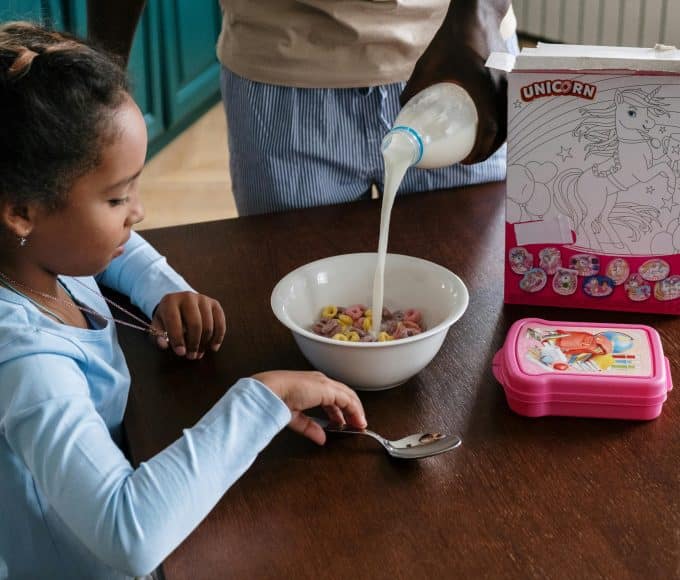Nightmares. We’ve all been there, and it’s not fun. Nightmares in children, in particular, can be pretty scary for them, so it’s important to know how to calm their fears and alleviate their anxiety.
What causes nightmares in children?
The exact cause of nightmares in children isn’t known. But experts believe stress plays a major role in triggering these bad dreams. Overly imaginative children may also have nightmares more often than other kids.
Video Overview
A traumatic event such as natural disasters like earthquakes, fires, or accidents can also cause children to have frequent nightmares. Certain medications that alter neurochemical processes in the brain such as antidepressants, antipsychotics, sleeping pills, beta blockers and steroids can also cause nightmares and disturbing dreams.
Horror movies and nightmares
Recent studies have shown that watching horror movies may contribute to nightmares in children. Although the brain is aware that the danger and suspense aren’t real, the body actually perceives them as real. This is why we experience palpitations, sweating, and trembling, as the adrenaline gets pumped into our system – a natural stress response. As mentioned, stress plays a significant role in triggering nightmares.
Should we worry?
It is perfectly normal for children to have nightmares. However, if the frequency has increased to the point that your child becomes fearful of sleep, this is a cause for concern. If your child has recently experienced a traumatic event, frequent nightmares may mean your child isn’t coping well and needs professional help. If your child has become so fearful and anxious that it interferes with normal daytime activities, this may necessitate medical attention.
How to deal with nightmares in children
- If your child wakes up in the middle of a nightmare, comfort your child with hugs and cuddles, and explain that it was only a bad dream. Stay with your child for awhile and give ample time for the fear to subside.
- Reassure your child that they are perfectly safe from any type of harm. Don’t dismiss or make fun of their fear. Children feel fear more intensely than adults. Be sensitive and understanding as you explain that the nightmares aren’t real.
- When the child is calm and ready to go back to sleep, tuck them in and keep a light source turned on. Keep the door slightly open too. This will give them additional comfort in knowing that you are nearby and can hear them if they need you.
- Talk to your child about the nightmare the following day. This may help give you some insight into your child’s experiences and uncover stress that they may be dealing with at home or at school.
- Lack of sleep can exacerbate the frequency and severity of nightmares. So make sure your child is getting enough sleep. However, avoid frequent naps during the day and especially late in the afternoon, as your child may not be able to fall asleep later in the night. Check out our post, 5 Ways To Fight Sleep Deprivation for ways to improve sleep.
- Establish a bedtime routine that is warm, safe and happy. Don’t let your child watch horror movies or play horror games especially before bedtime. Provide soothing and relaxing moments for your child before going to bed.
- Last but not the least, help build your child’s confidence. Praise them for their achievements, and encourage them in their moments of failure. Make them feel loved and secure. Building their confidence will help them cope better in stressful and fearful situations.
What NOT to do when your child has a nightmare
- Get angry or upset. Understand that the child’s fears are genuine, and should never be a reason to get angry at them. Don’t accuse your child of “wanting attention” or being “stupid and silly”. This instills feelings of unworthiness and insecurity.
- Ignore your child’s cries for help. Ignoring a child having a nightmare will cause more fear and panic.
- Allow them to sleep in your bed after a nightmare episode. This will cause the child to think their bedroom isn’t safe and yours is. You are unknowingly validating their fears.
Most of the time, nightmares in children are not something you should be overly concerned with. The key is to remain keen and alert for anything unusual that you observe in your child. It could be something more serious than just a bad dream.
** Nightmares can be a sign of stress both in kids and adults. Read more about how you can reduce stress here: Top 5 Things to Stop Doing Now to Reduce Stress















